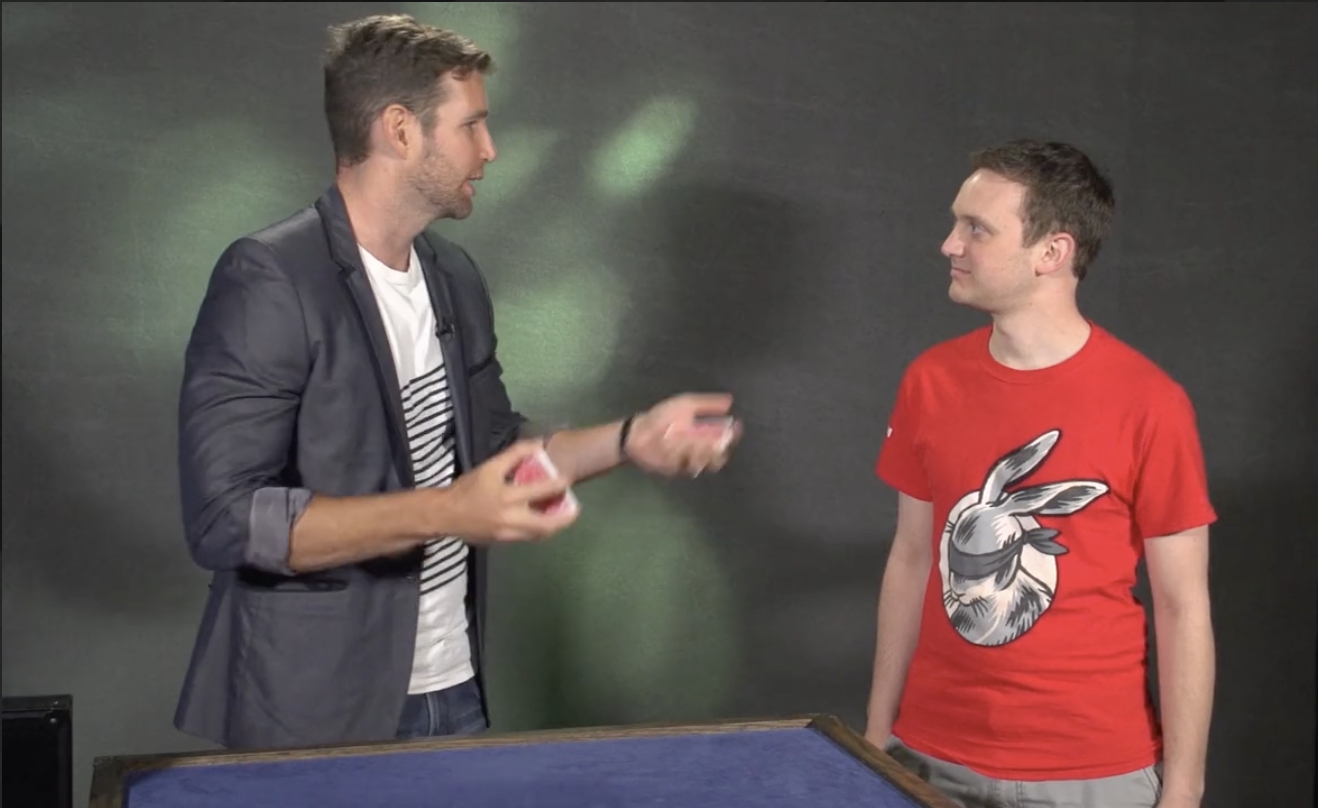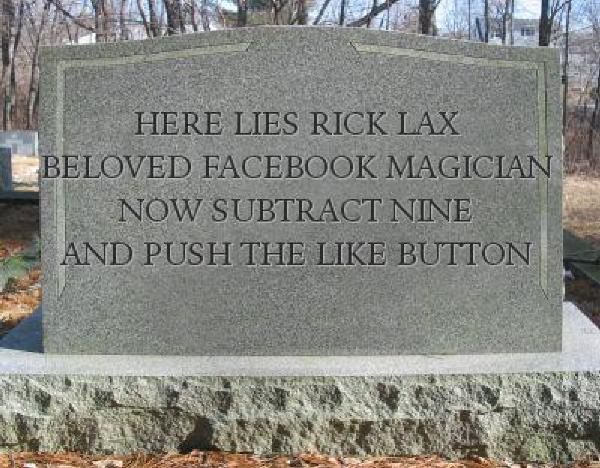Gardyloo #34
/Saw this on the Magic Cafe:
Thank you, The Duster, for giving me this chance to address this completely genuine, totally real feud I have with Joshua Jay. The "back story" is too long to get into. Josh and I have been friends since we were children. And, in the magic world, we've always kind of been like the Beatles and the Beach Boys, pushing each other artistically. Actually, it was more like I was the Beatles and Josh was the Dave Clark Five. But let's not get hung up on the analogy.
Again, there are far too many stories to get into in one blog post. Suffice it to say we've had a bit of a rocky relationship and there have been a series of incidents that have caused a lot of tension between Josh and I.
I remember a few years back, Mark Elsdon came out with a trick called iBalance, where you balance a phone on your fingertips.
Here is the quote from Josh that was used in the advertising for iBalance.
"iBalance is, I think, one of the all-time best effects with a phone. Unlike magic with apps, it doesn't just look like technology. iBalance looks like REAL MAGIC. Best of all, it will never become obsolete as phones improve. This one is going into my daily repertoire." -Joshua Jay
Now, here's the thing, I'm a smart guy, so after I read that endorsement, I did something smart. I cleared out my bank account and bought $46,000 worth of iBalances. I figured Josh knew what he's talking about.
Now, I don't want to say too much, but iBalance utilizes the headphone jack in its methodology.
"Best of all, it will never become obsolete as phones improve." - Joshua Jay
"Best of all, it will never become obsolete as phones improve." - Joshua Jay
"Best of all, it will never become obsolete as phones improve." - Joshua Jay
Thanks A LOT, NostraDUMBASS.
A reader directed me to this on the Cafe...
Sure, stupid, I can explain it for you.
You see, I was talking about ways for Jerx readers to secretly identify themselves to each other at magic conventions. And I had offered them a way to do so by humming a tune. This would be a fairly subtle way to covertly signal to someone that you read this site.
Now, strap in, because here is where it apparently got too complicated for you. Then I said, if you can't do this subtle thing, the alternative is to do this wildly egregious and crass thing where you suggest you've researched the holocaust and believe it never happened. The joke is that the alternative I provide is so wildly disparate from my original suggestion. And that someone would be willing to come out as a holocaust denier to secretly let people know they read a magic blog. And, by extension, that multiple people at a convention would be making this same insane statement. You couldn't figure that out? You needed to crowdsource an interpretation?
Next time, if you don't understand something, it's probably not a great idea to say it's in "bad taste." Passing judgment on things you don't understand is not a great look for you. It would be like saying:
Maybe someone can explain the "math" in this calculus textbook to me, because I don't understand it, and frankly I think it's a bunch of horseshit.
Another gem I found on the Magic Transcribed twitter.
037 Video pic.twitter.com/I9Va8qAu01
— Magic Transcribed (@TranscribeMagic) July 6, 2017
Okay, sure, I know the consensus would say you have to be straight-up braindead to ask that question. But someday, someday, he's going to ask that and the person is going to say "No" and then they're going to follow that up with what I can only imagine will be the most interesting story ever told. And that story would have gone untold if he had never asked that "stupid" question.
In my opinion, we don't dig enough with these sorts of questions. In fact, these days, before I have someone sign a card, I ask, "Are you aware of, uhm... do you know your first name?"
















